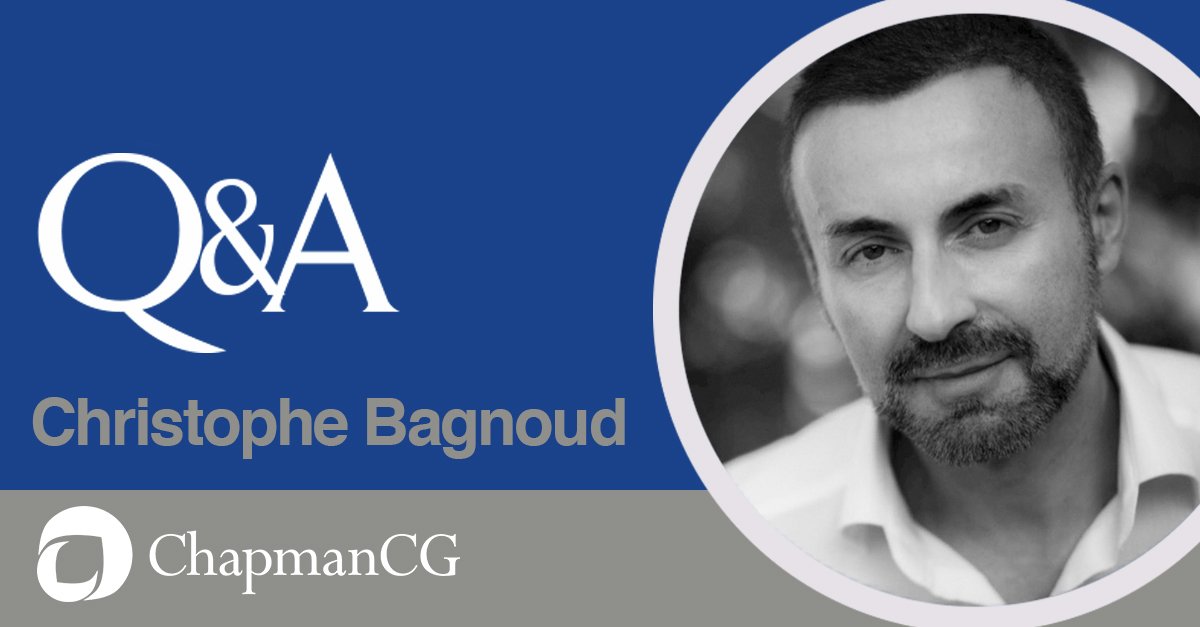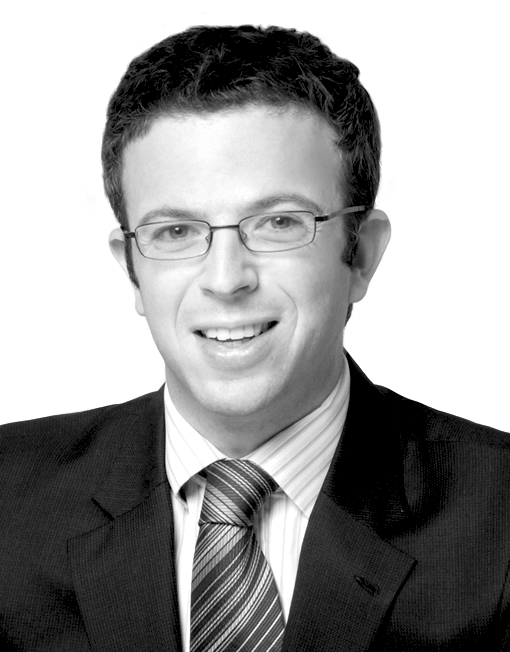After receiving overwhelming interest in our last ChapmanCG HR Leaders Networking Sessions in Switzerland, we extended the latest series to three meetings, which were co-hosted by Roche (Basel), COFRA Holdings (Zug) and Swarovski (Zurich). The topic of ‘Innovations in Global HR’ drew Regional and Global HR Leaders from various organisations including ABB, Amcor, Givaudan, Kuehne + Nagel, Microsoft, Nestle, Novartis, Procter & Gamble, Syngenta, UBS and Zurich Swiss Life. The session was led by Ben Davies, ChapmanCG Managing Director, who has facilitated a number of meetings around the world on global HR innovation.
Moving Beyond the Ulrich Model in Basel
Our host in Basel, Roche, shared the new collaboration model the organisation is using, as well as some of the benefits and the challenges that have been faced since moving to the Ulrich Model. This three-pronged model traditionally consists of shared service centres providing transactional HR work, business partners that sit within the business units, and CoE’s that provide consultancy on issues like rewards, employee relations and talent management. Almost all organisations present had employed some form of the Ulrich Model, and with many companies experiencing similar challenges to those faced by Roche, this sparked discussion around how HR should innovate beyond this model. Although there was no miracle ‘one-solution-fits-all’ proposed, it was agreed that each organisation would need to adapt best practices to fit the business model, culture and strategy.
Working with Family in Zug
In the next session in Zug, our host COFRA Holdings, began the meeting with an explanation of what it is like working for a large family-owned organisation. It was noted that many HR decisions would differ in this scenario, as compared to those of a corporate organisation. Two other case studies shared with the group included:
- Relocation of a headquarters office to a new location, and the redesign of office space to equip this fast-growing organisation in a way that fosters collaboration and effectiveness. This included taking advantage of mobile apps to address some of the challenges, such as locating fellow colleagues in a hot-desk layout.
- Implementation of an Intergalactic Business Simulation Game within an organisation in the energy industry. The game was one of the solutions designed to address results raised in a recent engagement survey and to promote collaboration, build business acumen and drive employee engagement. It was carried out over eight countries globally, including 145 employees in various functions. The initiative was cleverly advertised using interplanetary ‘Star Wars’ jargon to generate interest and create hype. It presented different rounds of the game to focus on different aspects of Business Decision Making including M&A. The game was designed in such a way to increase understanding and appreciation of Business and Financial Key Performance Indicators. To ensure learning was correlated to real life experiences, business leaders led debriefings after each round. With the cost of the game far lower than traditional training programmes and a comprehensive self-assessment programme to measure objectives both before and after the rollout of the game, it was a highly successful initiative with 98% of participants recommending the learning initiative for other colleagues.
The Future of Talent Acquisition in Zurich
Catherine MacGillavray from Swarovski, hosted the Zurich session and opened by sharing her view on what the future of Talent Acquisition might look like. In her view, the multi-dimensional recruiter would need to play a number of roles including:
- Talent agent: putting strong teams together and creating a ‘made to measure’ stimulating experience for employees;
- Data analyst: gathering and analysing data from all parts of the employee life cycle;
- Psychologist: integrated personality assessment to determine fit to culture and role;
- Robotic: use of algorithms to derive rational, objective, non-discriminating assessments of candidates.
- Talent Source: Line managers sourcing talent through their own and wider social networks;
- Crowd recruiting: team-based assessment of candidates in real work situations and making a collaborative team decision on recruitment.
The group also discussed how the interview process is increasingly becoming a two way process where candidates are reverse interviewing the employer, particularly in employee-driven markets.
Conclusion
The three sessions each included useful sharing of information and a number of innovative ideas for those present. Catherine and the HR team at Swarovski, “were delighted to welcome such a number of HR Leaders from diverse companies and industries, and to be able to open our minds to what is going on in the HR world outside of our boundaries. It was indeed thought provoking and inspiring.’’ Norbert Schreiner from Roche commented, “I always appreciate the high quality of the knowledge exchanges organised by ChapmanCG, which is triggered by the careful selection of the participants.” Many thanks go to our three hosts at Roche, COFRA Holdings and Swarovski, and we look forward to reconvening with these groups later in 2015.
Ben Davies, Managing Director of The Chapman Consulting Group, joined the sessions, along with Associate Director, Kirsty Jucker. Ben splits his time between Hong Kong, Singapore and Europe leading Senior HR searches, while Kirsty is based in Switzerland where she focuses on Europe and the Middle East.
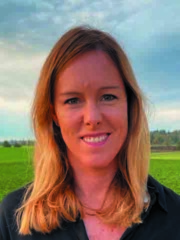
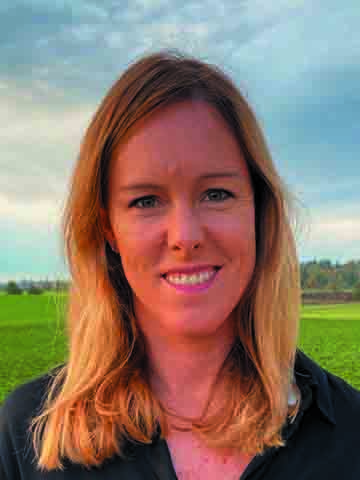
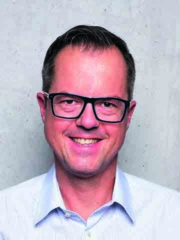 René Rosso
René Rosso Stanislav Medvedev
Stanislav Medvedev Tim Rayner
Tim Rayner  Andrea Merrigan
Andrea Merrigan Orelia Chan
Orelia Chan Fleur Daniell
Fleur Daniell Finian Toh
Finian Toh Nicola Hasling
Nicola Hasling Stefanie Cross-Wilson
Stefanie Cross-Wilson